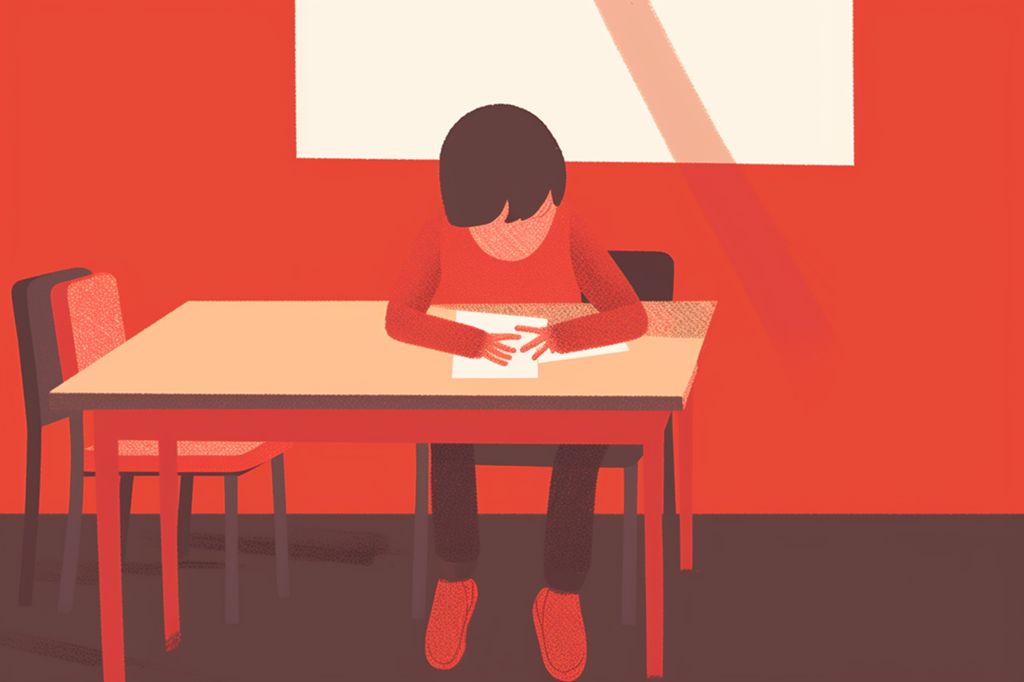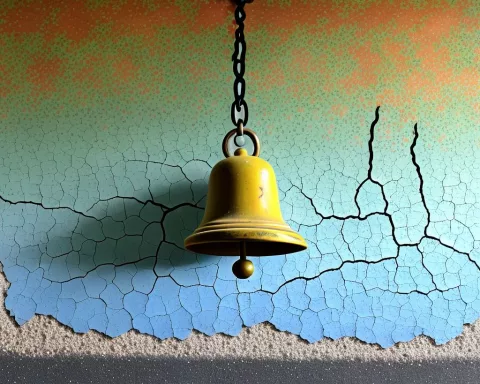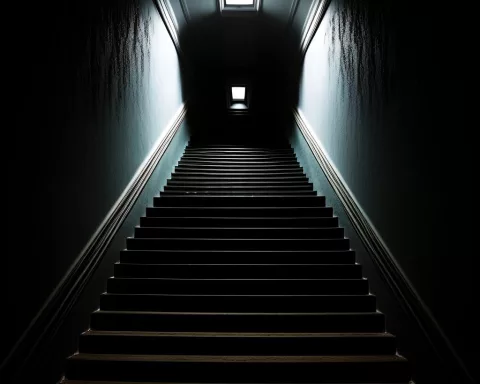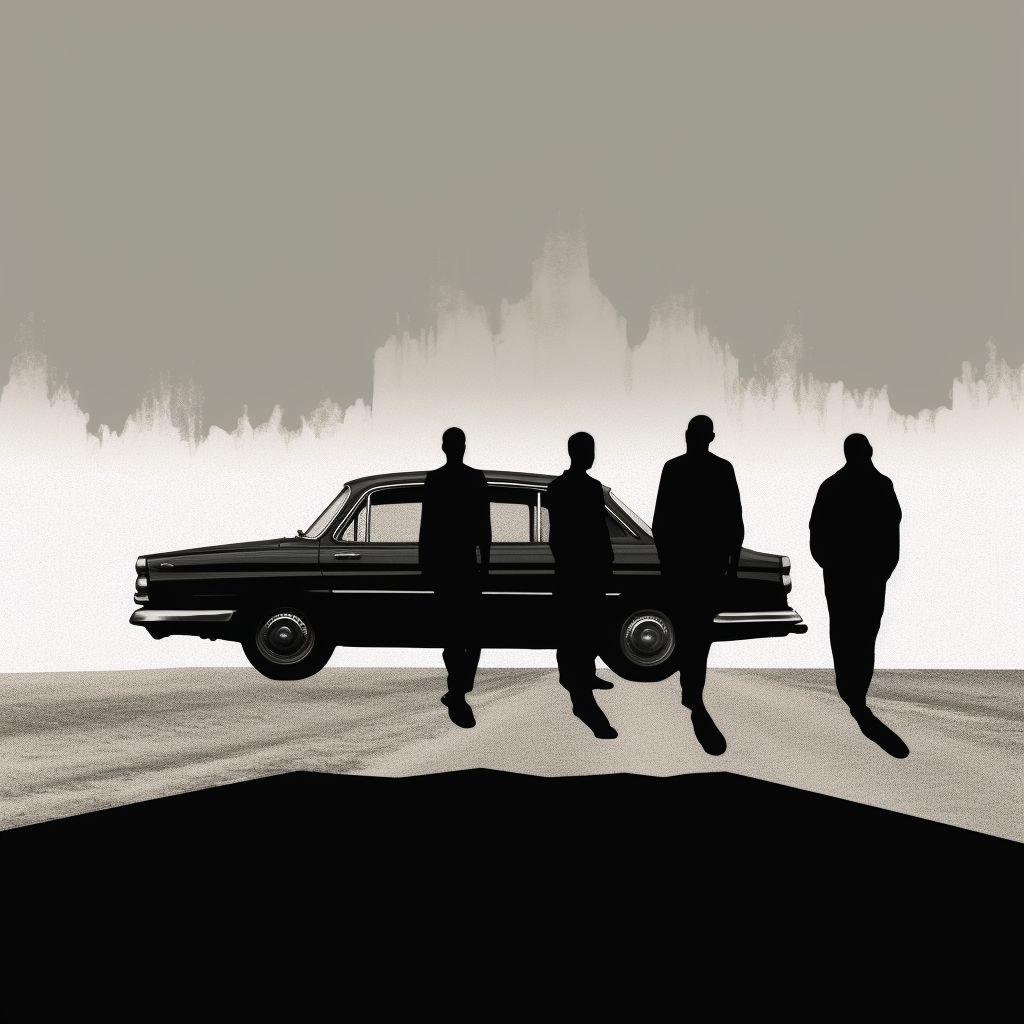Despite being banned in South Africa for almost 30 years, corporal punishment remains a concerning issue. Recent data from Statistics South Africa (Stats SA) show that 3 out of 10 households in South Africa believe that physically punishing children is acceptable if they talk back or argue with their parents. This revelation came to light during the country’s observation of Child Protection Week.
Households’ Views on Corporal Punishment
Stats SA’s findings indicate that corporal punishment is not only used to discipline children for arguing or talking back, but also for lying and fighting with siblings. A total of 28% of households reportedly agree with the use of physical punishment in these instances.
Corporal Punishment in Schools
The 2021 Children Exposed to Maltreatment report revealed that educators continue to resort to corporal punishment when disciplining students in schools. Shockingly, in 2019, children between the ages of 8 and 11 were the most frequent victims, with 84% of students in this age group experiencing corporal punishment in schools.
Legal Action Against SACE
In light of this alarming scenario, human rights group Section 27 is taking the South African Council of Educators (SACE) to the Supreme Court of Appeal on behalf of the Centre for Child Law (CCL) and two parents. They argue that SACE’s lenient sanctions on corporal punishment need to be reviewed. The case involves two teachers in Gauteng and Limpopo who physically harmed students, causing significant injuries.
In 2015, one teacher struck a Grade 2 student with a PVC pipe, resulting in hospitalization due to an infection. In 2019, the second case involved a Grade 5 student who suffered from bleeding ears and complications after being hit over the head by her teacher. The student had to repeat the year as a result.
SACE’s Sanctions Policy and High Court Ruling
Section 27 pointed out in a statement that these teachers continue to work in classrooms with no consideration for students’ safety and no obligation to correct their behavior. Both teachers received a R15,000 fine, with R5,000 suspended for five years. While SACE declared the teachers would be removed from the educators’ roll, this decision was also suspended for ten years, allowing them to return to their classrooms.
In the High Court, Section 27 requested that SACE revise its Mandatory Sanctions Policy to include rehabilitative and corrective sanctions such as anger management courses. This change would uphold the principle of the best interests of the child and adopt a more child-centered approach, allowing students and their parents to participate in SACE’s disciplinary hearings. Section 27 also requested that the decisions against the two teachers be set aside and reconsidered by SACE.
Although the High Court only agreed to change SACE’s internal policy, Section 27 argued that the organization should have considered the necessity of rehabilitation or retraining for the two teachers to address their violent behavior. In response, SACE is counter-appealing the High Court judgment and challenging the order to revise its Mandatory Sanctions Policy.
Urgent Need for Effective Measures
The ongoing prevalence of corporal punishment in South African households and schools raises questions about the effectiveness of existing policy and calls for further examination of the issue. As the country continues to focus on child protection, the need for implementing effective measures to combat this harmful practice becomes increasingly urgent.












